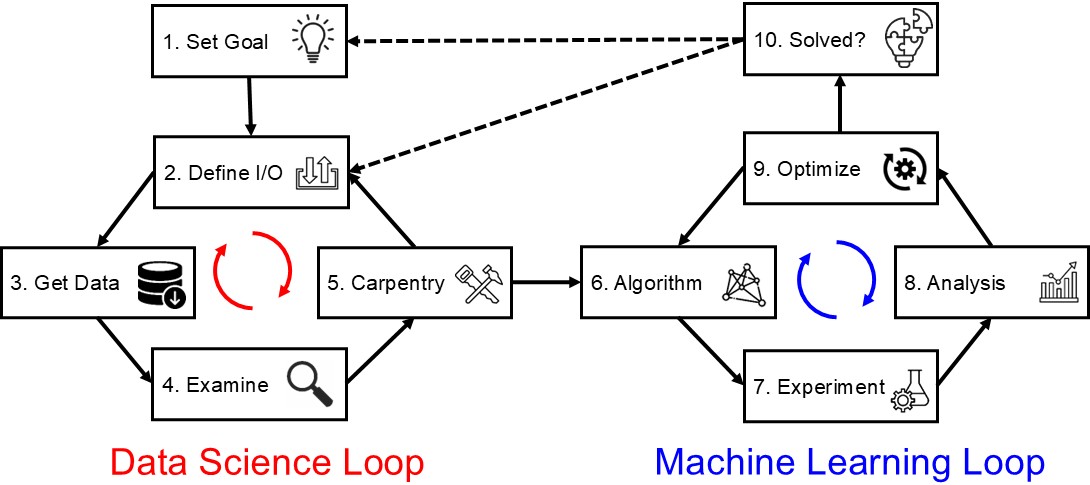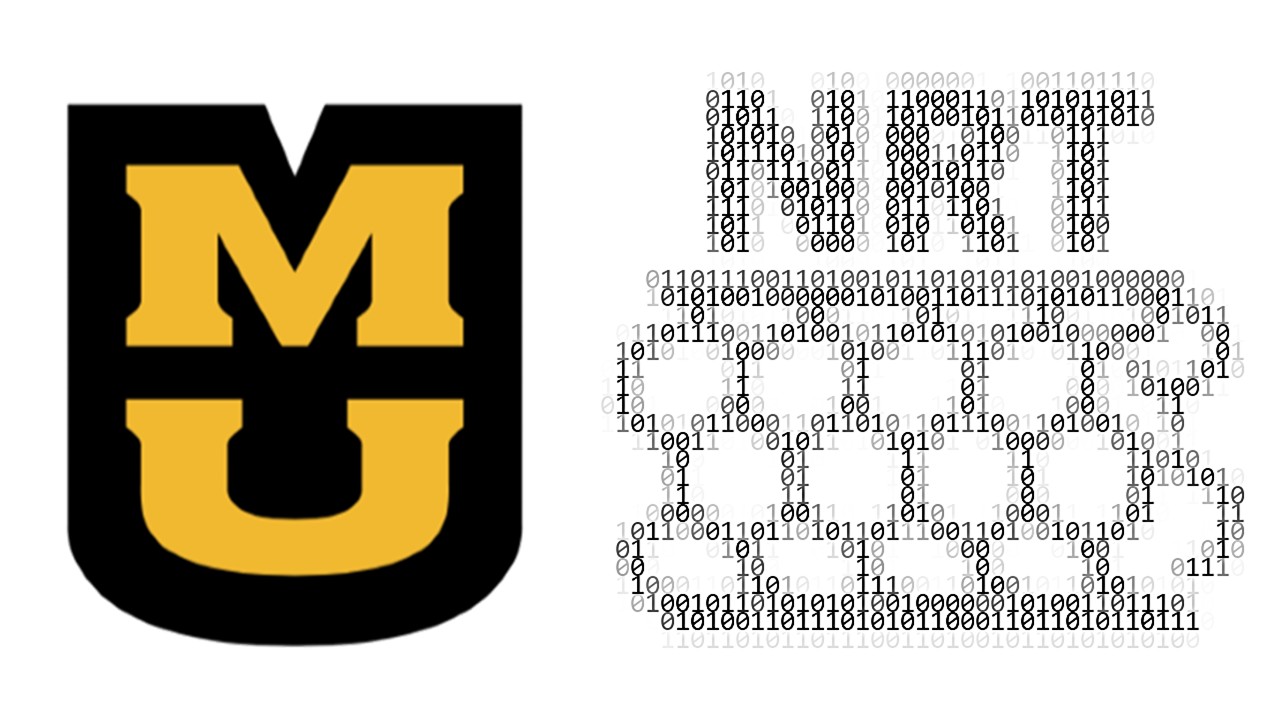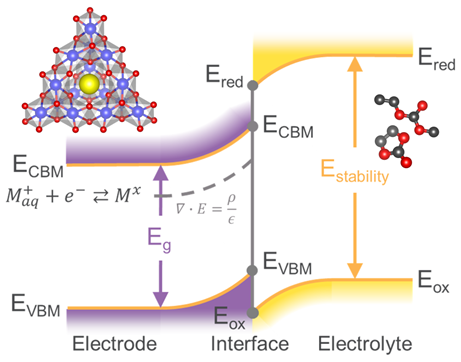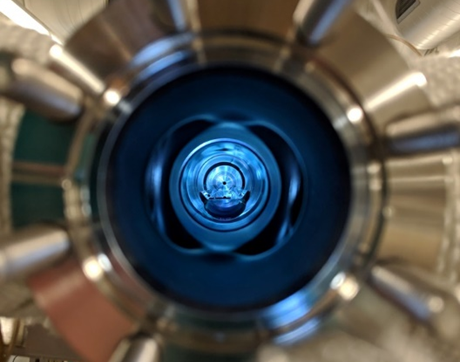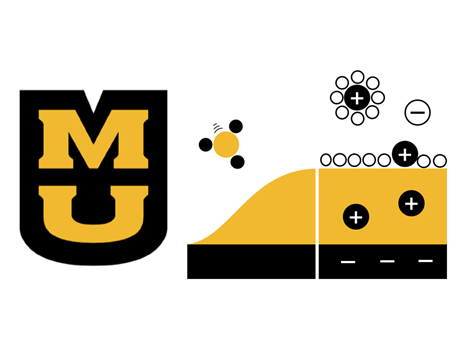Machine Learning for Materials Research
Our group employs machine learning and data science approaches to accelerate materials discovery and understand structure-property relationships. Matthias Young teaches DATA_SCI 8615: Atomistic Materials Analytics, a graduate course that introduces principles of materials characterization and data analysis leading to information extraction from experimental and computational datasets. The course examines theoretical and practical issues associated with understanding relationships between atomic and molecular structure and material properties.
Topics covered include encoding and visualizing atomic structure information, measurement techniques such as UV-Vis spectroscopy, FTIR, X-ray diffraction, and electronic conductivity measurements. Students learn standard data processing techniques including handling sparse versus abundant data, preprocessing and normalization, fixed versus variable length data, heterogeneous data streams, feature extraction, and the role of simulated data. The course emphasizes predicting materials structure and properties using neural networks and explores new frontiers of data science for chemistry of materials.
Course materials and examples are available on our GitHub repository.
NSF Research Traineeship Program
The University of Missouri's National Science Foundation Research Traineeship program (NRT) is a five-year doctoral program with integrated components of materials research, data science and analytics, and creative process. The program aims to train the next generation of materials researchers who can leverage advanced computational and data science methods to accelerate materials discovery and innovation.
Each trainee completes a graduate certificate in Data Science and Analytics with an emphasis area devoted to materials. The program is open to applicants enrolled in materials-relevant academic disciplines and provides comprehensive training that bridges traditional materials science with cutting-edge machine learning and artificial intelligence approaches. Trainees gain hands-on experience with high-throughput experimental databases, materials informatics tools, and neural network approaches for predicting materials structure and properties.
Learn more about the program and application requirements at the NRT Program website.

